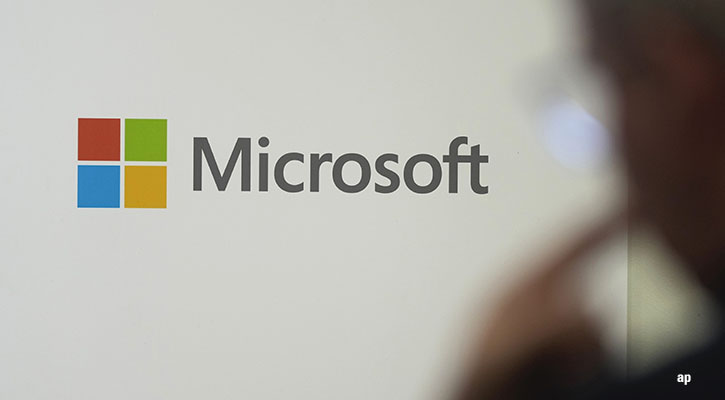A year ago, very low interest rates were creating a huge dilemma for investors with short-term cash needs. There was just nowhere to safely stash cash, and investors were being tempted into potentially inappropriate risky assets. Twelve months on and almost nothing has changed. For example, buying a 10-year Treasury bond gives you a 2.03% yield, while a six-month T-bill will provide you with a staggeringly low 0.13% yield. Cash sitting in savings and money market accounts are earning nothing. These incredibly low returns might be frustrating, but investors should be very cautious in chasing short-term yield. The short-term gain could be a Pyrrhic victory.
To the Federal Reserve and other central banks in developed markets around the world, very low rates are a feature, not a bug, of current monetary policy. Central banks have done almost everything in their power to drag down both near-term and long-term rates, and this isn't in and of itself a bad thing. Low rates have been instrumental in cradling the global economic recovery. Cheap mortgages, the ability for households and businesses to refinance expensive debt and the availability of cheap credit for the creditworthy has helped support the economy and rebuild broken balance sheets.
However, cheap credit isn't the end goal. Central banks are also trying to make safe assets look so unattractive that investors are forced to consider riskier assets. During the recession and through the uncertainty surrounding the recovery, investors usually were (and still are) not keen to put a lot of risk on the table. Instead they've held their chips and waited for the clouds to part. As a result, this move away from riskier assets sent share prices reeling as sellers far outweighed buyers. This makes investors even more nervous, and they decided to pull even more money out. Central banks in developed nations are trying to break this vicious cycle by making the prospect of holding cash so unattractive that investors are almost forced into riskier assets.
What If You Need Money Now?
Unfortunately, these policies create quite a dilemma for investors who have short-term cash needs, or are in or about to enter retirement. These investors are suddenly at a loss for how to make a reasonable return on their money. And with inflation threatening to heat up again, this becomes an even bigger problem. With cash earning 0%, it won't take long until investors lose lots of purchasing power.
In the face of this conundrum, it isn't too surprising that investors are increasingly seeking out riskier investments to pump up their short-term returns. This can manifest itself in myriad ways. On the mild end, we've heard from investors who were previously holding cash now moving some assets into short-term bond funds and other fixed-income investments to try and get some return on their money. However, many are taking even bolder risks, loading up on low-quality junk bonds or leveraged funds or shifting money allocated for short-term cash into dividend-paying stocks.
Taking on these extra risks might provide some short-term gain, but they might also come with some long-term pain. Take moving into dividend-paying stocks for example: The extra yield might be attractive, but there are potentially big downsides. As we've seen twice in the last 10 years or so, stocks can fall precipitously, and companies can quickly cut dividend payments amid a crisis. If you're about to start retirement or need to write a tuition check, the timing of another downturn could be devastating. You might be forced to liquidate parts of your portfolio that you weren't planning on touching for years or perhaps be forced to work longer or find other ways to pay for school. We saw in 2008, even short-term bond funds and money markets can run into trouble during times of extreme market dislocations.
Remain Patient
So what to do? The truth of the matter is that there is no magic answer. Some money-market alternatives such as PIMCO Enhanced Short Maturity Strategy ETF (MINT) can provide a bit of extra yield but only at the expense of a guaranteed value and lack of government backing. Take heed to ensure your asset allocation is where you want it. If it isn't, this might be a good time to slowly draw down a too-big cash balance and put money to work in riskier assets. But for the money you need to be safe, patience to deal with cash is the best prescription at the moment.
A few years of low yields and potentially negative returns is a small price to pay for true safety in today's market. Also, rates won't stay low forever. Although the Fed has indicated it is going to keep rates low for a few more years, it will eventually have to raise rates again as the economy returns closer to normal. If inflation were to begin to rise sharply, the Fed's hand might get forced, and rates might come up sooner than anticipated. It might be painful to look at a 0% yield on your bank statement, but at the moment cash remains king.























